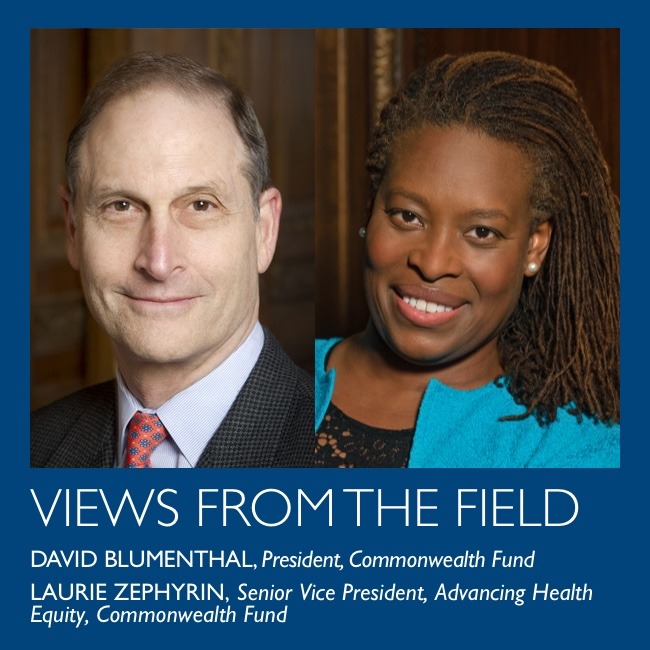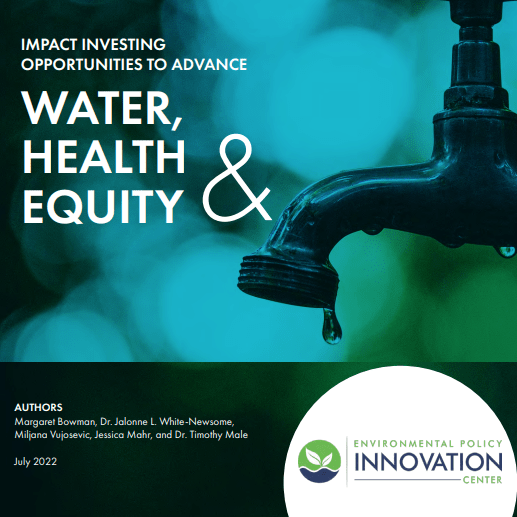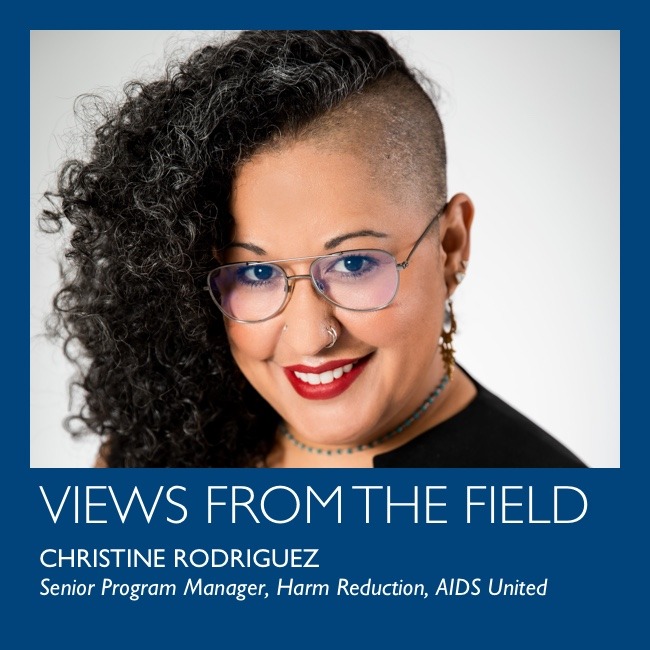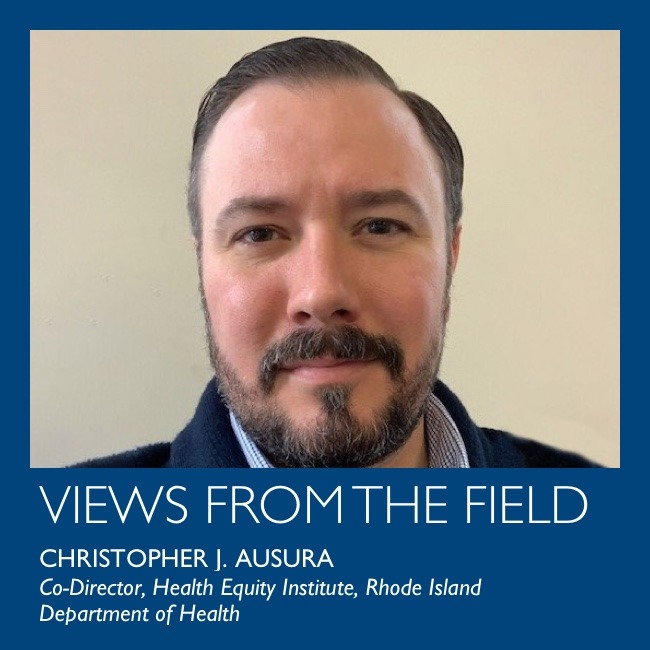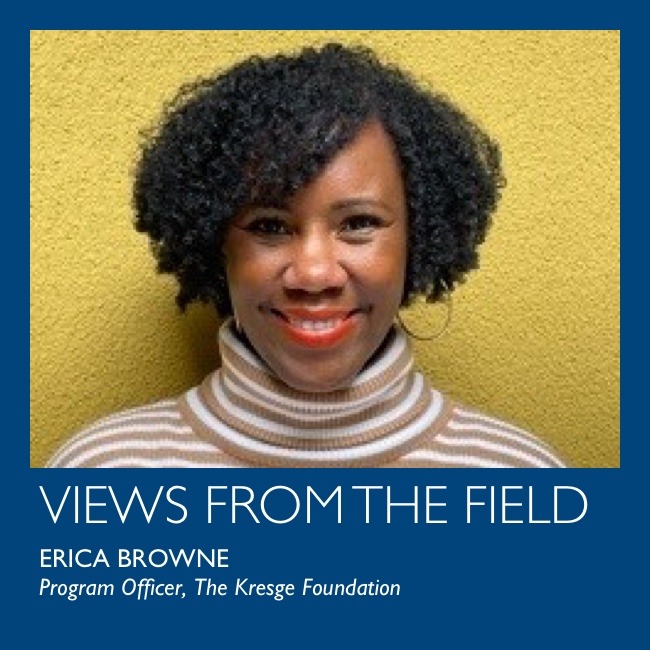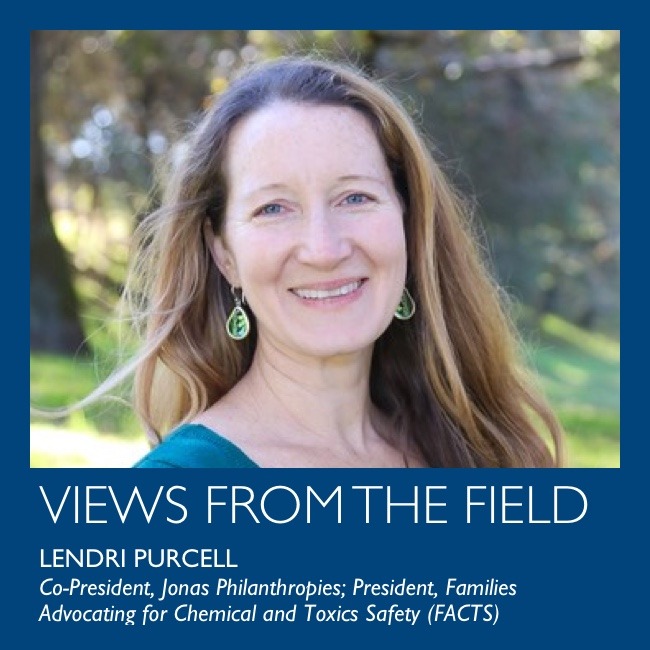Strengthening Climate, Health, and Equity Work in the Midwest
This meeting gathered representatives from philanthropy, government, health and environmental sectors, and grassroots and community groups in the Midwest for learning, relationship-building, and information-sharing.
Promoting Health Equity and Combating Racism Through Health Policy
Not every foundation is comfortable with trying to affect health policy.
Nevertheless, for philanthropies committed to promoting health equity, shaping governmental action at every level is a powerful tool that deserves close examination.
Impact Investing Opportunities to Advance Water, Health, and Equity
A new report from the Environmental Policy Innovation Center and supported by the Robert Wood Johnson Foundation outlines ways that philanthropy can use strategic investments to help ensure that drinking water is safe for all.
Promoting Diversity, Equity, and Inclusion in the Health Care Workforce
The Josiah Macy Jr. Foundation is the only national foundation solely dedicated to improving the public’s health by advancing change in the education of health professionals. The Foundation’s current focus is the clinical learning environment where the health care workforce both acquires skills and delivers care.
The Gilead Foundation: Advancing Health Equity Through Education Equity in the U.S.
While the COVID pandemic and most recent racial reckoning galvanized the traditional health philanthropy community, many corporate funders made their first foray into supporting racial and social justice efforts as well as health equity. Corporate social responsibility efforts were, and continue to be, scrutinized as merely cosmetic public relations efforts with no real long-term, institutional commitments to driving meaningful change in Black and Brown communities that have long been historically, intentionally marginalized.
Health Philanthropy’s Equity Blind Spot: Syringe Services Programs
Syringe services programs (SSPs) have existed, mostly under the radar, in the United States since the early days of the response to the HIV epidemic. Illegal then, and still illegal in many jurisdictions across the country today, sterile syringe access is a bedrock of harm reduction.
Strengthening Social Connection and Opportunities in Rural Communities
This brief describes an unfolding learning journey intended to strengthen social connection, resident voice, and agency to address inequities in rural health and well-being. Along the way, we have come to realize the important lessons for each of our institutions and ways in which we are better off for having taken this approach to our work.
Rhode Island’s Health Equity Zones: Rethinking Community Investing to Create Measurable, Sustainable Gains in Health Equity
In 2015 the Rhode Island Department of Health (RIDOH) launched a project called the Health Equity Zones (HEZ) initiative, with the goal of creating a new public health approach. Rather than prioritizing specific health outcomes, Rhode Island’s HEZ initiative was designed to shift investments upstream to improve the social, environmental, and economic determinants of health by intentionally investing in community infrastructure and resident empowerment. The HEZ initiative has grown over the past seven years to become an internationally recognized model for operationalizing health equity, and during that time we have learned a lot about the role of community investments and how our approach needs to be rethought if we are truly going to invest in health equity.
Centering Racial Justice to Address Climate Change: Learning What it Takes
In 2018, the Kresge Foundation launched the Climate Change, Health, and Equity (CCHE) initiative as a 5-year, $22 million commitment to accelerate action on climate change and climate-related inequities in health. Since its inception, the CCHE network has worked in distinct, yet aligned strategies that focus on health institutions, practitioner and professional societies, and community-based organizations. The priority was to bring together diverse grant-funded partners at different points along their equity journey, with initiative partners providing evaluation, technical assistance, and support to sustain the network.
Children’s Environmental Health Day: Actions Needed Now to Protect Our Children’s Health
It has been over a decade since the World Health Organization raised the alarm that chronic diseases—including cardiovascular, cancer, diabetes, obesity, and metabolic syndrome—are rapidly becoming an epidemic in developed nations, and increasingly, in developing nations. Escalating rates of neurocognitive, metabolic, autoimmune, and cardiovascular diseases cannot be solely attributed to lifestyle, genetics, and nutrition. Prenatal, early life, and ongoing exposures, along with bio-accumulative toxicants, are playing a large role in the increased incidence of chronic disease. In fact, we need only look at the statistics to see that chronic disease rates in children are on the rise, and this can often be linked to toxic exposures.
Newsletter Sign Up
Want to sign up for the GIH Bulletin? Click here to get on the list.
Contribute to the GIH Bulletin and Blog
If you are interested in contributing your story or expertise to the GIH community please review our Editorial Submission Guidelines.

